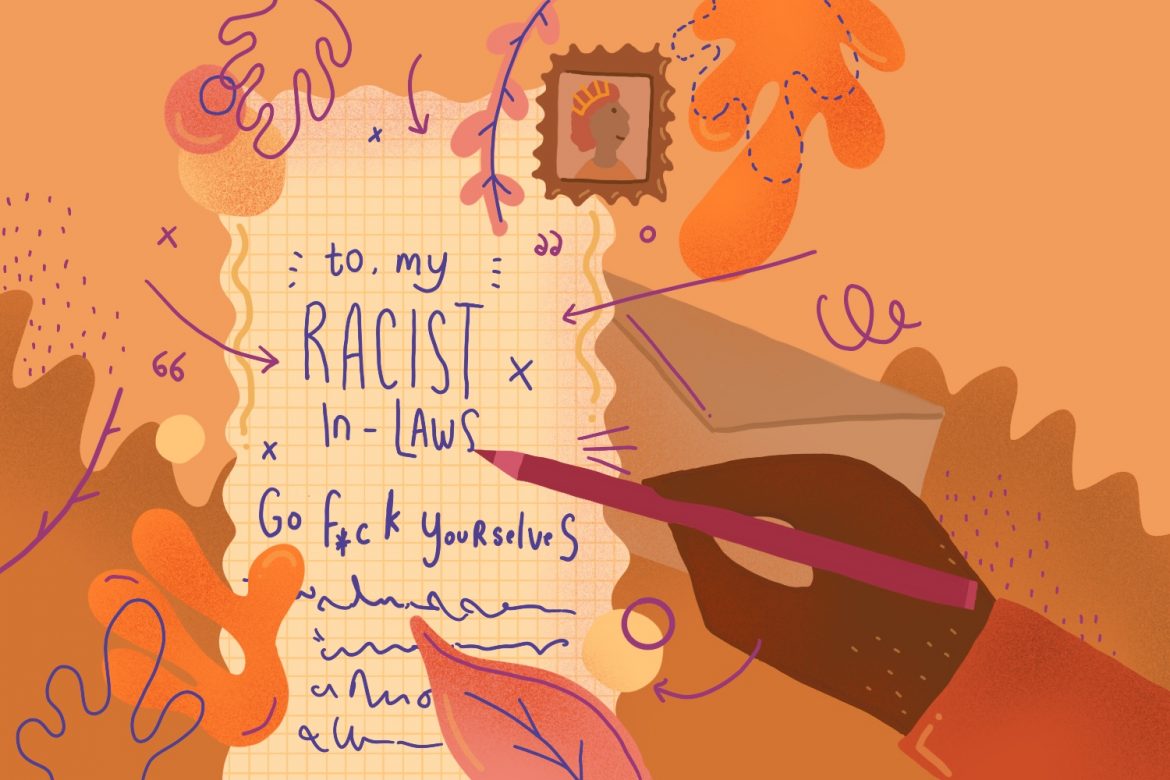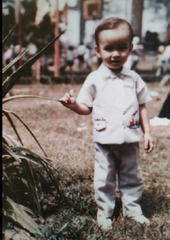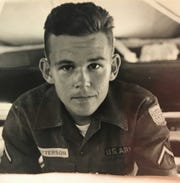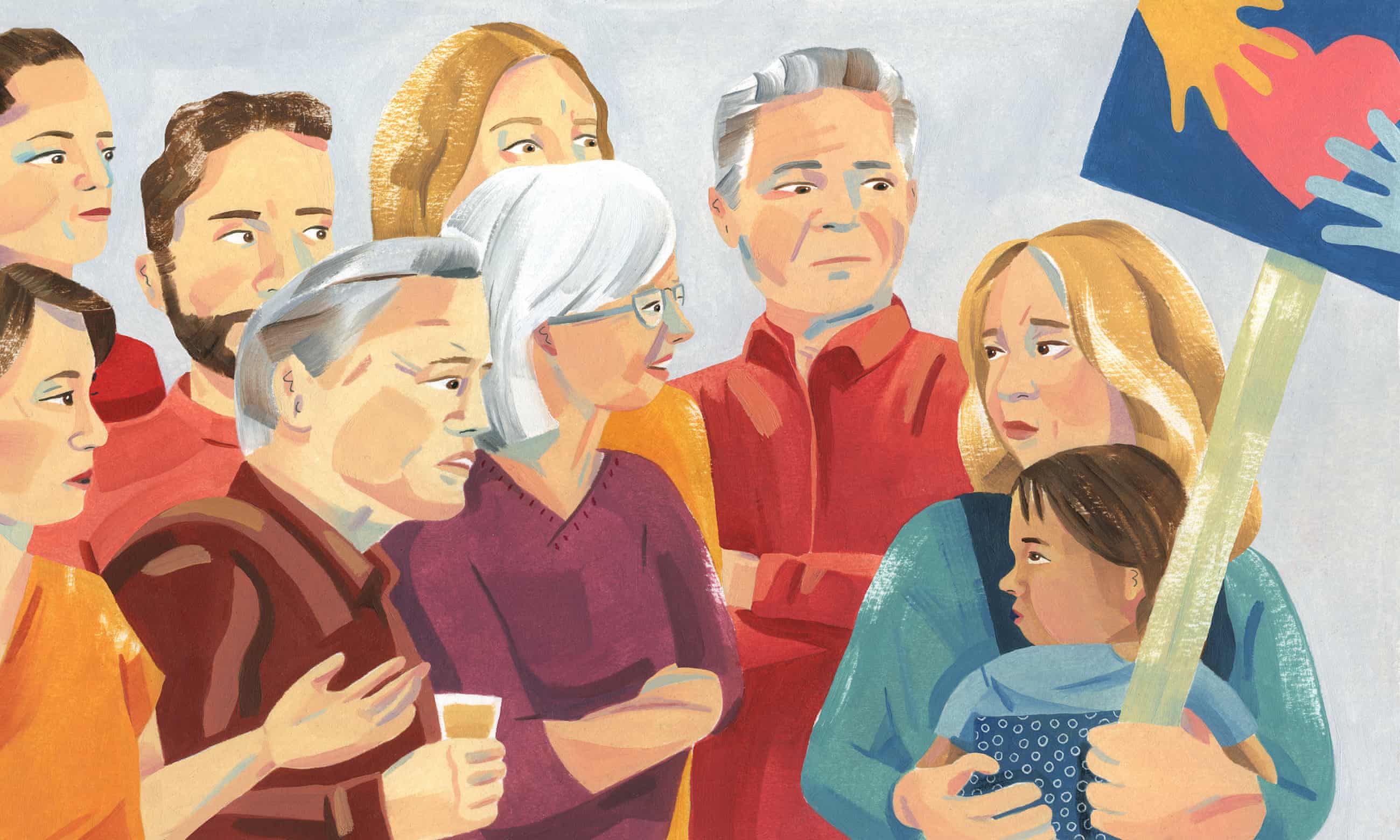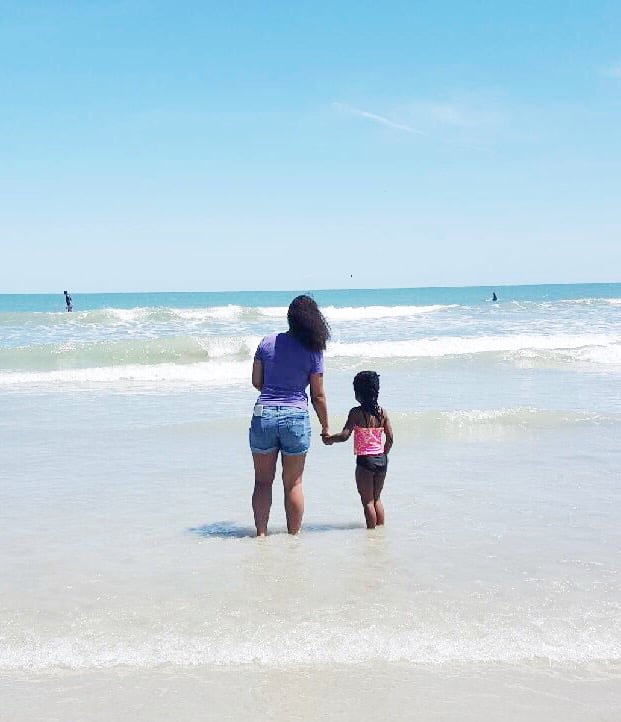White Lies: Ijeoma Oluo On Privilege, Power, And Race
The Sun Interview
The Sun
December 2018
Mark Leviton
Nevada City, California

“Race has always been a prominent part of my life,” Ijeoma Oluo writes in her new book So You Want to Talk about Race. “I have never been able to escape the fact that I am a black woman in a white-supremacist country.”
Oluo was born in 1980 in Denton, Texas. Her father, a Nigerian college professor and politician, returned to his native country when she was three and never came back to the U.S. She and her brother, Ahamefule (often called Aham), had no contact with him growing up. Their mother, a white woman from the Midwest, raised them by herself in Seattle…
..Oluo is an editor-at-large for the online magazine The Establishment. In her blog on Medium.com she often covers serious subject matter — white supremacy, representations of race in the media, the U.S. crisis of mass incarceration and police violence — but her approach is personal and down-to-earth; she’s rarely without a rueful joke or a post about what her two sons said at breakfast. In 2015 she self-published The Badass Feminist Coloring Book, a project that developed from her habit of sketching famous feminists to relieve stress. She hit the New York Times best-seller list earlier this year with So You Want to Talk about Race. Though she realizes that most of her readers will be white, she says she wrote the book to help people of color make themselves heard. Her website is ijeomaoluo.com.
I met with Oluo at her favorite independent Seattle coffeehouse, which also serves as an informal community center and work space. We sat at a small table and struggled to talk over the sound of the coffee grinder and the not-so-quiet background music before moving to a bench across the street. It was a beautiful spring day, and despite her sometimes dire message, Oluo’s energy and humor never flagged.
Leviton: You believe that if you’re white in America, you’re racist, and if you’re a male in America, you’re sexist. Are you saying I can’t transcend my received culture no matter what kind of a person I am?
Oluo: I don’t think you can escape it. But that doesn’t mean you can’t fight racism or patriarchy. You can fight the racism in society even while you fight the racism inside you. It’s like fighting a cancer inside you: you’re not “pro-cancer” because you have it.
There’s no way to avoid absorbing our American culture, which was designed to benefit white males. We absorb American racism in ways we’re not fully aware of. You can’t undo a lifetime of experience in a few years of work. While you are struggling against racism, the culture keeps reinforcing it, telling you who is “normal” and who isn’t, who deserves to be seen and who is made invisible. Racism is alive.
I want to move people away from thinking of racism as a feeling of hatred, because it’s rare to find someone who blatantly hates people of color. But the impact of racial bias isn’t lessened because it’s not blatant. If someone denies me a job because I’m “not the right fit,” without realizing that their idea of the right fit is almost always a white person, it doesn’t hurt me any less than if I’m told, “I won’t hire you because you’re black.” Racism is not necessarily an intention or a feeling. It is a system that produces predictable results.
In this country there are large racial divides in everything from infant mortality, to how much you earn, to your chances of being arrested or incarcerated. This is not because a bunch of white people wake up every day and decide to oppress people of color; it’s not just the actions of individuals with hate in their hearts. We cannot understand American racism unless we recognize it as a system that was built to run — and that still runs — on principles of oppression and domination. Four hundred years of history doesn’t go back into the toothpaste tube…
…Leviton: You were always a high achiever in school. You didn’t have disciplinary problems.
Oluo: Yes, I was well suited for Western education. I scored high on standardized tests — which are very prejudiced in many ways. While I was growing up, my mom was going to college, and because she couldn’t afford day care, she would sneak my brother and me into her big auditorium classes. My father was a college professor; he didn’t raise us, but I was aware of that heritage. So education was always something I loved.
But there were costs. One was that my blackness was erased. People could accept that I was talented and smart only if they saw me as less black. I had teachers who would insist I was “mixed,” not black. Many people told me I didn’t “act black” — I guess because doing well in school and loving to read were not “black” behaviors to them. And in many ways that robbed me of my sense of community and identity. I was often used as an example to other black students: “Why can’t you be more like Ijeoma?” I became a reason to withhold sympathy from other black students: “She gets it. Why can’t you?”
I grew up in Seattle, and I talk like someone who grew up in Seattle. I was raised by a white single mom. I have a lighter skin tone than many black people. And I was treated as if I were fundamentally better than my black peers, because I looked and sounded whiter. I grew up feeling very isolated as a result. I was the only black kid in the advanced programs up to seventh grade. In high school there was one other black kid. Today my son is in an advanced school program, and there’s only one other black kid in there with him. So my son has to carry that burden of representing black students…
Read the entire interview here.
